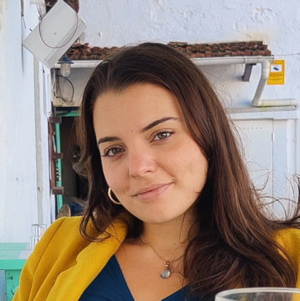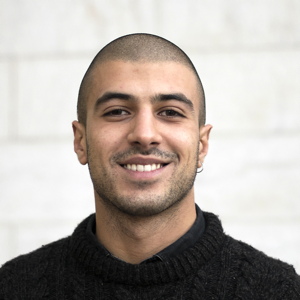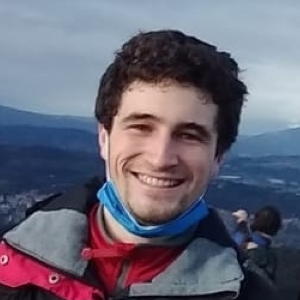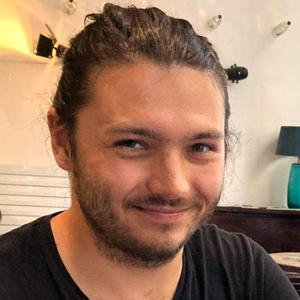APPLAuSE
Class of 2021

Chiara Badiali
Chiara was born in 1995 in Rome. She got her bachelor's and master's degree from Sapienza, University of Rome. During these years she focused particularly on Theoretical Particle Physics, also covering the basics of General Relativity and Plasma Physics. She graduated with a thesis in collaboration with the ATLAS experiment at CERN, under the supervision of Prof. Marumi Kado, and focused on data analysis and b-tagging using Machine Learning Techniques to optimize the latter. She's currently involved in a PhD at Instituto Superior Técnico in the Group for Lasers and Plasmas (GoLP) under the supervision of Prof. Jorge Vieira with a focus on the acceleration of muons using plasma acceleration techniques.

José Luís Figueiredo
José was born in Aveiro in 1997 and he is currently a PhD student at the Group of Lasers and Plasmas. In 2021 he completed his MSc. thesis on the study of Wigner functions applied to graphene plasmonics, under the supervision of Prof. Hugo Terças and Prof. João P. Bizarro. For his PhD thesis, he is working on quantum kinetic theory applied to light-matter interaction in plasmas and cold systems.
His main interests range from condensed matter physics and material science to quantum information and technologies. During his MSc. years, he engaged in several internships where he had the opportunity to work close to experienced teachers and researchers, covering diverse topics such as cosmic rays physics, X-ray imaging and NMR quantum computing. His goal is to become an interdisciplinary physicist.

Pablo Bilbao
Pablo joined the APPLAuSE programme in 2021. After obtaining his MPhys degree in Particle Physics with Cosmology in 2020 from Lancaster university, under the supervision of Dr. Elisabetta Boella. Pablo is currently working under the supervision of Prof. Luís O. Silva on fundamental kinetic instabilities under extreme plasma conditions. With a particular focus on trying to bridge the gap between the extreme plasmas around neutron stars, magnetars, black holes and the plasmas we can generate in the laboratory.

Róbert Babjak
Robert was born in 1995 in Humenné, Slovakia. He obtained his MSc degree in computational physics at Czech Technical University in Prague. The master's thesis was supervised by Dr. Jan Psikal and was focused on hot electron generation mechanisms in the preplasma of thin overdense targets irradiated by the intense laser pulse. He is currently a Ph.D. student in the Group for Lasers and Plasmas under the supervision of Dr. Marija Vranic. The work is focused on the acceleration of electrons and radiation generation in underdense plasmas by high-intensity lasers.
